An Inverness mum living with MS is trying to raise £56,000 for treatment in Mexico – while also attempting to end the stigma attached to the disease.
Jade Taylor began her weight-loss journey 10 years ago when, after losing 9 stone, decided to have the excess skin removed and adopt a more physical lifestyle.
However, after developing symptoms including dropped foot and tingling sensations and heaviness in her legs after being at the gym, she decided to consult a doctor.
Following months of tests, the 37-year-old was eventually sent for an MRI scan of her brain, which showed lesions.
After receiving a spinal tap in December 2020, the doctor confirmed in February 2021 that Ms Taylor had developed MS.
The disease affects her mobility, leaving her unable to walk without aid, but she also suffers from brain fog and fatigue.
Ms Taylor, mum to Kaiden, 10, and Giah, seven, says that the diagnosis came as a sledgehammer to her and her family.
She has tried numerous drugs, including one that slurred her speech, making it sound like she was drunk. Finally, doctors prescribed her Ocrevus, which could slow down the MS but may also cause her to develop cancer.
Stem-cell treatment could be an option
Ms Taylor took it upon herself to research help in her battle with MS and found a stem-cell treatment that is available in Mexico.
She also contacted her local MSP, Fergus Ewing to find out if the treatment could be made available to people in Scotland through the NHS.
The treatment is currently available in London however, Ms Taylor says “time is of the essence” and will have to go private if she is unable to be treated via the NHS.
She said: “I’ve been researching HSCT treatments for a long time, and I know a lot of people who have got it, and as much as it won’t fix me or get me back to normal, it will actually stop the MS from getting worse.
“I can’t afford to get any worse. My kids need me. I’ve had to publicise my life and make people aware of my condition.
‘Just because you don’t look disabled, doesn’t mean you’re not’
“I have had people spit at me because I’ve been parked in a disabled bay. People say I am disgusting because I use a disabled toilet yet I don’t look disabled.
“It’s trying to make people aware that just because you don’t look disabled, doesn’t mean you’re not.”
Ms Taylor says that because her ability to walk is so depleted she needs to park in a disabled bay, while some shops she has to miss because it takes so long to get around.
While she does want to raise money for the treatment, Ms Taylor also wants to raise awareness of the disease and its symptoms that are severely impacting her life.
Through her ordeal, her two kids have been at her side and have had to adapt, helping their mum through tough times.
She said: “My kids have been amazing. They have adapted so well, and I am very open and honest with them about my condition.
“My little boy will ask every morning how am I feeling and sometimes it’s good and sometimes I’m not doing so well, but both of my kids are always willing to help out.
“They are not just my kids but my carers, which is a massive responsibility for young kids. They are capable of so much more stuff, like cutting the grass or peeling potatoes.
“Both have had to grow up so fast while also having to deal with their mum being disabled.”
In addition to trying to get donations through GoFundMe, Ms Taylor is also planning several fundraising events to highlight the cause such as sponsored walks.
While she may not be able to complete the planned walk-up Fyrish Monument in Alness, she hopes to set an example for people determined to face MS head-on.
Highland MS Warrior
Ms Taylor wants to see more support for people suffering from MS in Scotland and wants to be a voice for the silence.
She said: “You get given all these books and told to go home and read about MS, and you do read them but they don’t give you much support.
“That’s why I set up the Highland MS warriors Facebook page to encourage as many people with MS in the Highlands to join this page
“It’s somewhere that we can talk about our illness and our symptoms so people don’t feel alone.”
Ms Taylor says that the group is solely for MS sufferers because, in her experience, she finds it hard to discuss her situation with someone that doesn’t actually suffer from MS.
In the group, she shares remedies such as creams that could help people sleep better and walkers and relaters that are easily assembled or stylish.
Once she has raised enough money, Ms Taylor intends to document her journey as she says many MS sufferers are apprehensive about getting the treatment.
HSCT treatment aims to restart your immune system and stop it from attacking your central nervous system, which causes many of the symptoms.
It uses chemotherapy to remove the harmful immune cells and then rebuilds the immune system using a type of stem cell found in your bone marrow.
However, they cannot repair damaged nerve cells, which is why the treatment will only stop the patient from getting worse.
Ms Taylor hopes documenting her journey will help others consider it and show the importance of getting it done to help sufferers enjoy their lives.
She said: “From when I first got diagnosed, I went into denial and thought I could fix myself and tried to power on, but it was making me worse.
“There were a lot of times where I felt very depressed and that I couldn’t continue, but I am now determined to make it work and to be there for my kids.”

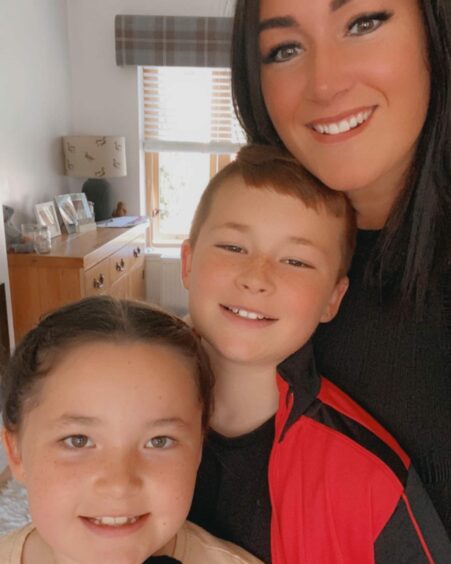
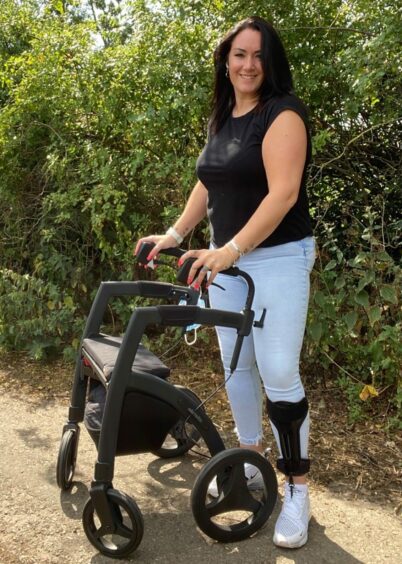
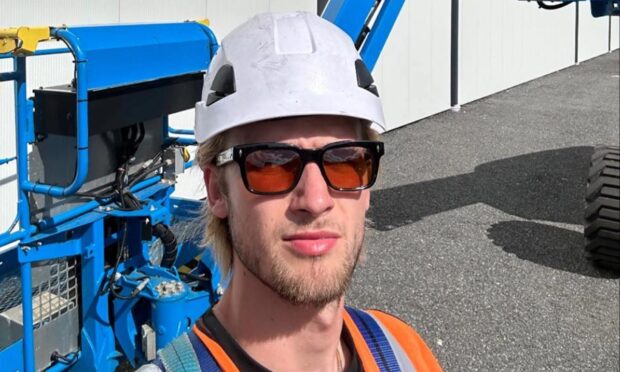
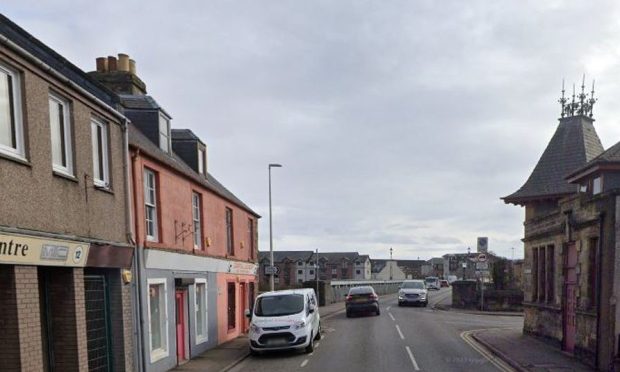

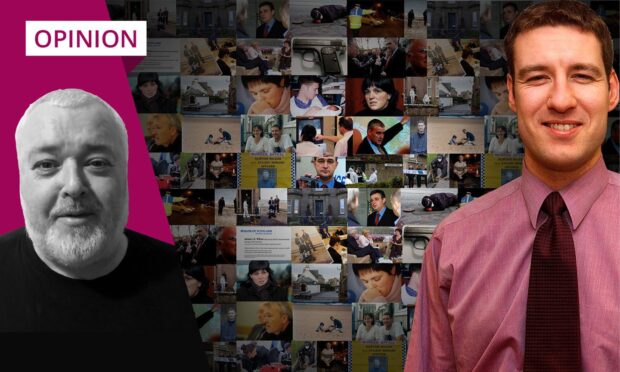


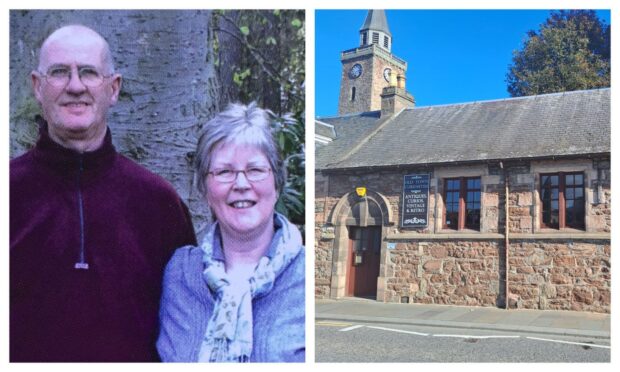


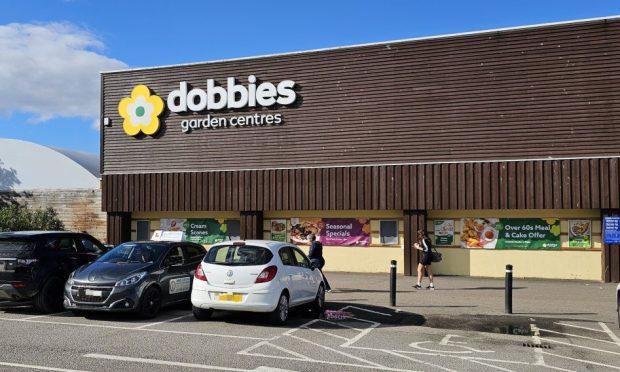
Conversation